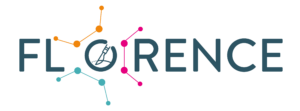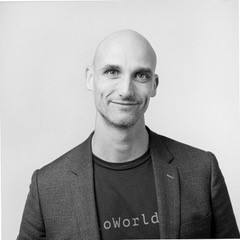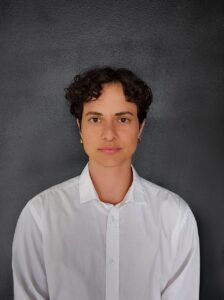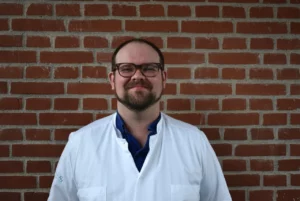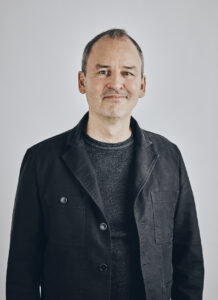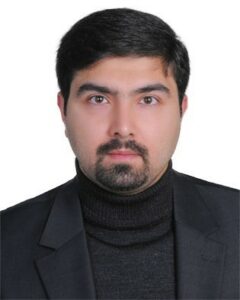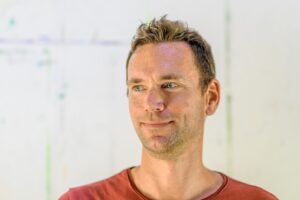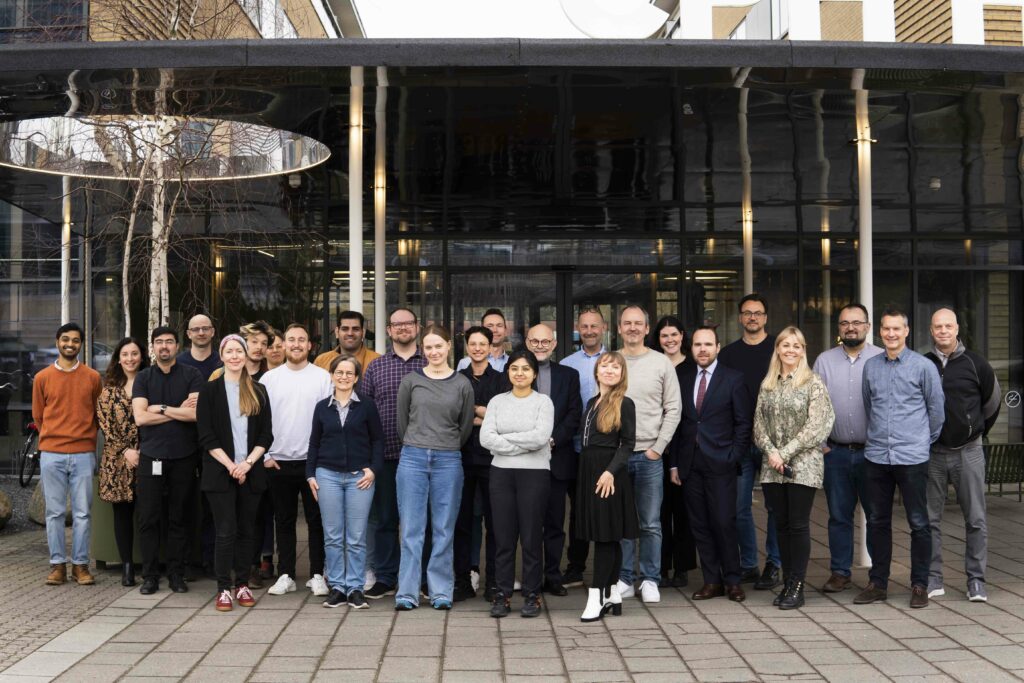
Project partners
CSS is a clinical research unit focusing on surgical cancer treatment pathways and has extensive experience in the treatment of colorectal cancer as well as managing large clinical research projects. CSS specializes in personalized medicine based on big data (registry data) and utilizes medical data processing, computer technology, bioinformatics, and mathematical models.
FORSK supports research and innovation projects as well as clinical optimization at the five hospitals in the Region Zealand. The FLORENCE project aligns with FORSK’s strategic focus on improved patient care and strengthening research and research environments in the hospital. FORSK’s responsibilities in FLORENCE include activity package 1: communication and project management, including financial management.
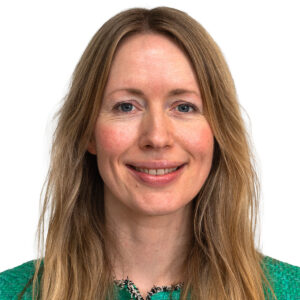
The Department of Gastrointestinal and Pediatric Surgery (OB) treats patients with diseases in the upper and lower gastrointestinal tract and has a dedicated section for patients with liver, bile, and pancreatic diseases. In this project, OB contributes clinical expertise and previous experience in collecting and using registry data from electronic patient records, as well as developing decision support tools for use in the clinic.
The Cancer Registry Norway (KRG) works on collecting data and preparing statistics on cancer incidence in Norway and engages in extensive research activities related to the development of preventive solutions and optimal cancer treatment. KRG is organized as an independent institution under Oslo University Hospital and maintains close ties with the clinic. In this project, several tasks are performed by KRG, which has expertise in epidemiology, epidemiological cancer research, federated networks, and the use of machine learning techniques on registry data.
Computerome is Denmark’s largest platform for health and life sciences, which also provides a platform for advanced and computationally intensive algorithms. Computerome also offers a Secure Private Cloud (SPC), a virtual cloud that securely stores data for research projects.
In FLORENCE, Computerome will serve as the central server for the development of the personalized medicine model. Computerome’s employees are specialists in establishing and operating this type of infrastructure in a secure and GDPR-compliant environment, drawing on experiences from other Nordic and European collaborations related to data and model sharing.
The Laboratory for Intelligent Systems has extensive experience in a wide range of national and international projects, including the Medical Informatics Platform (MIP) from the European Human Brain Project (HBP), Swiss National Science Foundation (SNSF), Swiss Federal Institute of Technology (EPFL), Wallenberg AI, Autonomous Systems and Software Program (WASP), and the Swedish Research Council (VR). The laboratory has a history of successful collaborations with industrial and medical partners.
The laboratory has significant expertise in developing artificial intelligence and machine learning techniques in the context of health and medical applications.
The primary goal of The Netherlands Comprehensive Cancer Organisation (IKNL) is to reduce the impact of cancer on both the individual and societal levels. Through the Netherlands Cancer Registry (NCR), IKNL provides healthcare professionals, researchers, policymakers, and others the opportunity to understand and explore cancer and palliative care. Working together with healthcare professionals, researchers, patients, and policymakers, data is translated into valuable insights to improve cancer and palliative care.
IKNL is participating in the FLORENCE project as a collaborating partner.
